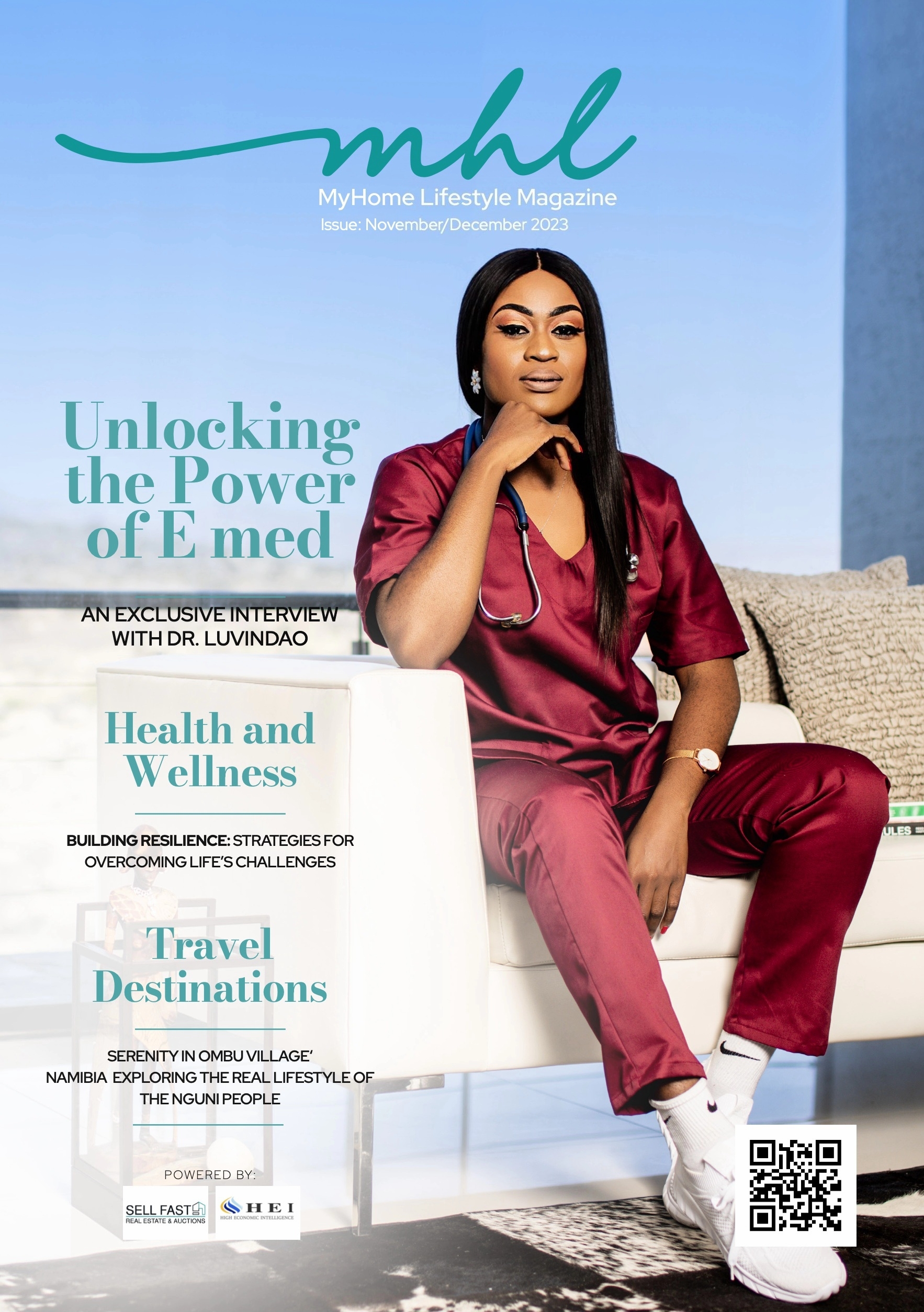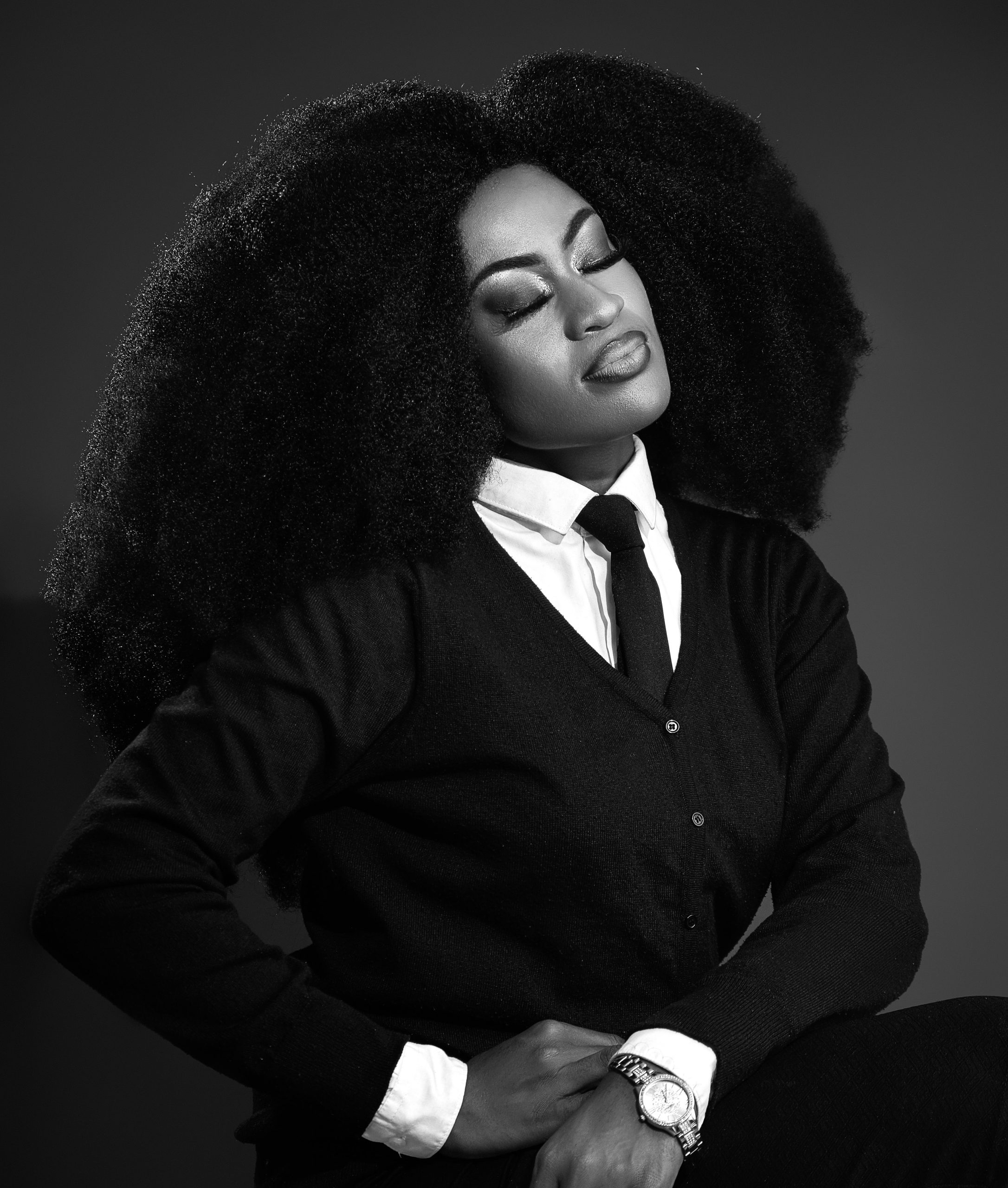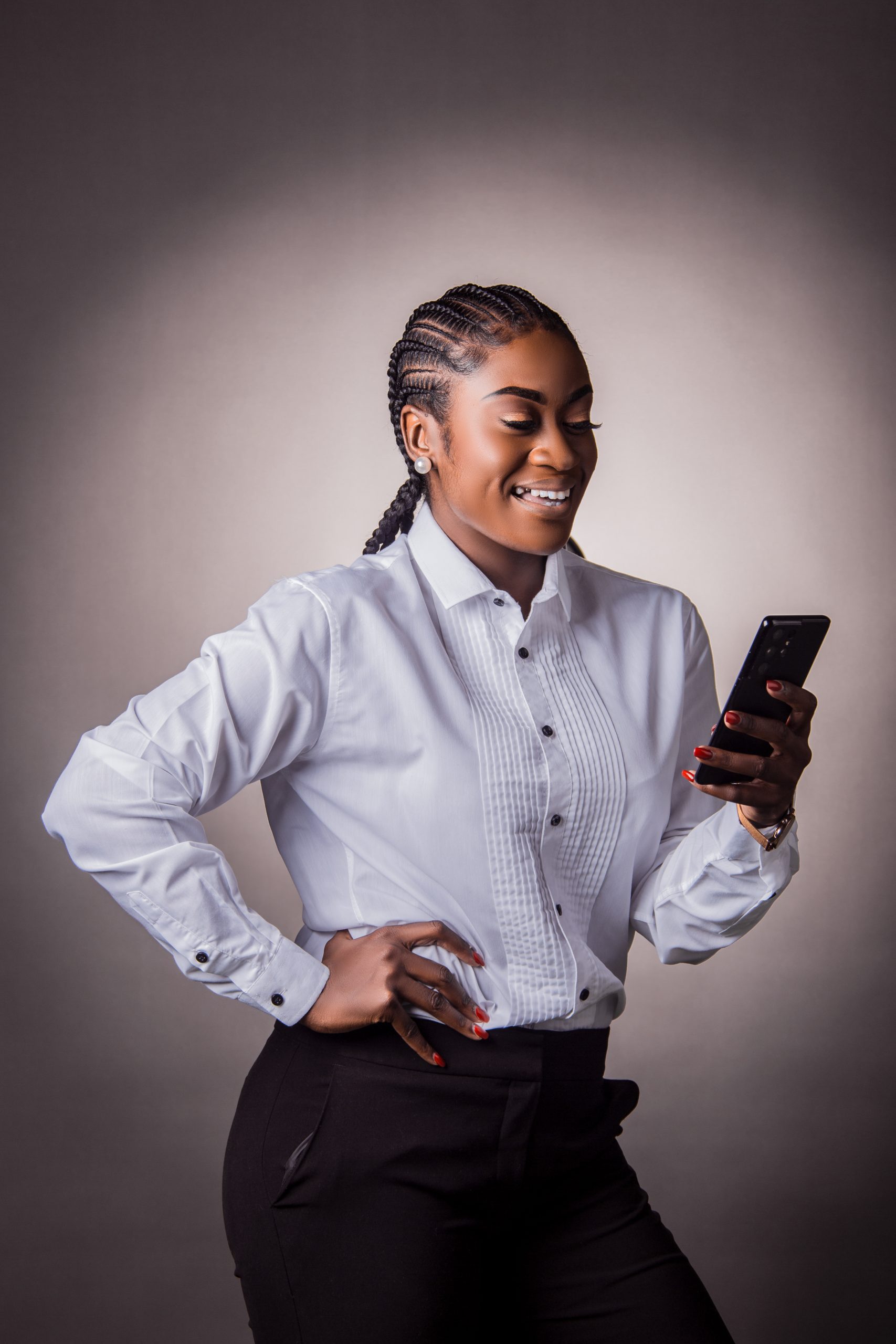Medical Dr & Health Advocate
About
As an international health advocate, I play a pivotal role in promoting equitable healthcare access, regardless of socioeconomic status. I am a firm believer in affording all people irrespective of socioeconomic status, standardized healthcare.
Through my healthcare organization; ONE STEP AT A TIME, founded in 2019, We concentrate on mass health education, outreach, and providing free medical advice. Our impactful contributions earned me recognition, including an award from the Queen of England in 2022 and a spot on the prestigious Forbes 30 under 30 list in the healthcare category in 2022.
In November 2023, we launched our official OSAAT Africa Health education initiative that focuses on educating women across Africa in their native languages. We teach young women and girls about contraceptives, sexual health and hygiene, menstruation, breast cancer and others in their native languages. We currently teach SRH information in English, French, Swahili, Portuguese, Otjiherero, Oshiwambo, Rukwangali, Khoekhoegowab, shona and Afrikaans. Our health education material are available at local supernarkets and clinics in rural and semi rural areas.

Donate to us
To donate to the 1 step At A Time Initiative please use the following bank account details:
Banking details: Standard Bank
Branch: Ondangwa
Account Number: 60004406361
Account Name: 1 Step At A Time
Reference: 1 Step At A Time
Please forward us the proof of payment via email (info@esperanceluvindao.com) so that we can thank you properly and add you to our subscribers list.
Thank you for saving lives with us!
Breast Cancer Awareness Month 2021

October is breast cancer awareness month. Breast cancer remains one of the most common cancers among women and continues to kill thousands every year. What is the role of self breast exams and how can women help themselves?
“It is breast cancer awareness month. Do your self breast exam monthly. Find out from your parents if any of your close relatives had breast cancer. If they had breast cancer, make sure that 10 years before the age at which they had the cancer, you get a full examination done at your Dr. My condolences to all those that have lost a loved one to breast cancer.”
One tweet reached over 2000 000 people across Namibia, South Africa, Nigeria, Kenya and the United States and provoked thousands to see their doctors urgently. This goes to show that women are need of health education that teaches them about various diseases affecting women in order for them to take control of their own health.
What is breast cancer? Who gets breast cancer? What if I don’t know my family history and have no living relatives? What are the signs of breast cancer to look out for? These and other questions will be summarized within this article in a simple yet concise manner.
Breast cancer is disease affecting millions of women worldwide. The disease is caused by an uncontrolled multiplication of cells in the breast. Breast cancers may originate in various parts of the breast. The lobules, ducts and connective tissues form the main parts of the breast and it is important to note that a majority of breast cancers originate in the ducts and the lobules which are responsible for carrying milk to the nipples and making milk respectively. Breast cancers can spread and this is important to remember as it is the reason there are various stages of cancer. Stage 1 and Stage 4 of breast cancer differ because the cancer has spread further in stage 4 to other parts of the body.
There are various kinds of breast cancers, but the most common are invasive ductal carcinoma and invasive lobular carcinomas. These cancers differ in their point of origin. As their names suggest, the invasive ductal carcinoma originates from the ducts and the invasive lobular carcinoma originates from the breast lobules. These are not the only breast cancers.
A young woman has the responsibility to be aware that breast cancer exists and to watch out for the signs and symptoms that may prompt investigation and lead to early diagnosis and management.
If you are a woman your chances of getting breast cancer are automatically higher than that of men. Other risk factors include; elderly women, if you started your periods early (before 12 years old) or started menopause later than 55 years old, your chances are higher because you have been exposed to hormones for longer, and a family history of breast cancer. If you have a first degree relative that had cancer, you are more likely to develop a cancer. A first degree relative is a mother, sister or daughter. The risks of cancer are increased even when the patient has a first degree relative that had ovarian cancer and not necessarily breast cancer. In addition, if you have a personal history of cancer, or a history of radiation therapy, you are more at risk of developing breast cancer. These are some of the risk factors for breast cancer and not an exhaustive list.
Women need to get used to checking their breasts regularly. I tend to advise women to check their breast every day with emphasis on the time after their periods. It is possible check your breasts daily. Research has shown that women should check their breasts once a month and this is the current acceptable and recommended standard of self-care. A self-breast examination involves checking ones breasts in the mirror to observe for any obvious abnormalities in the size, skin colour and nipple discharge as well as feeling the breast for any masses or pain upon touching.
If you do not have any living relatives or don’t know where your family are, your doctor may advise you to do a BRCA test in order to determine whether you have the mutation for the gene that causes breast cancer.
Visit your doctor and ask for a baseline full examination with a focus on your breasts. He/she will take a full history including family history, examine both your breasts and determine whether you need further investigations for your age and history or direct you on when to come back for a follow up exam.

Luvindao Bags Common Wealth Humanitarian Award by the Queen!
Esperance started offering the sessions after working in Northern Namibia following medical school and noticing the difficulties that underprivileged citizens experienced accessing healthcare, with many patients having to travel long distances of over 50km and waiting up to 10 hours to see a doctor. She also started the ‘1 Step at A Time’ initiative which has helped over 35,000 Namibians by purchasing crucial medication and medical equipment for village health practices, and has played a key role in supporting the country’s vaccine campaign in response to the Coronavirus pandemic.
“The combination of passion and actual qualifications in the field of your passion will allow you to do what no person has ever fathomed” EL
© 2024 Esperance Luvindao | All Rights Reserved | Disclaimer & Privacy Policy | Mad International
© 2024 Esperance Luvindao
All Rights Reserved
Disclaimer & Privacy Policy
Mad International
